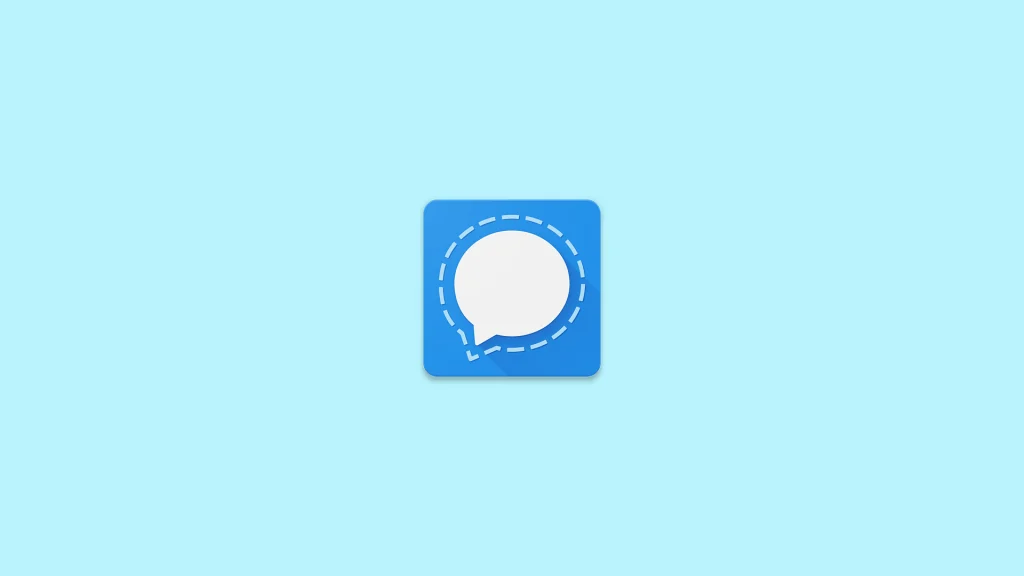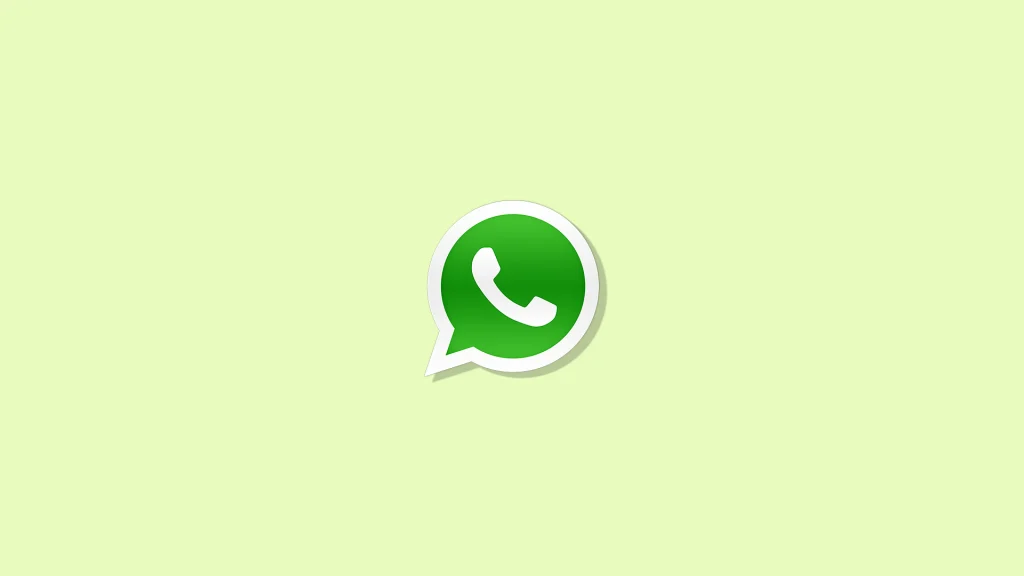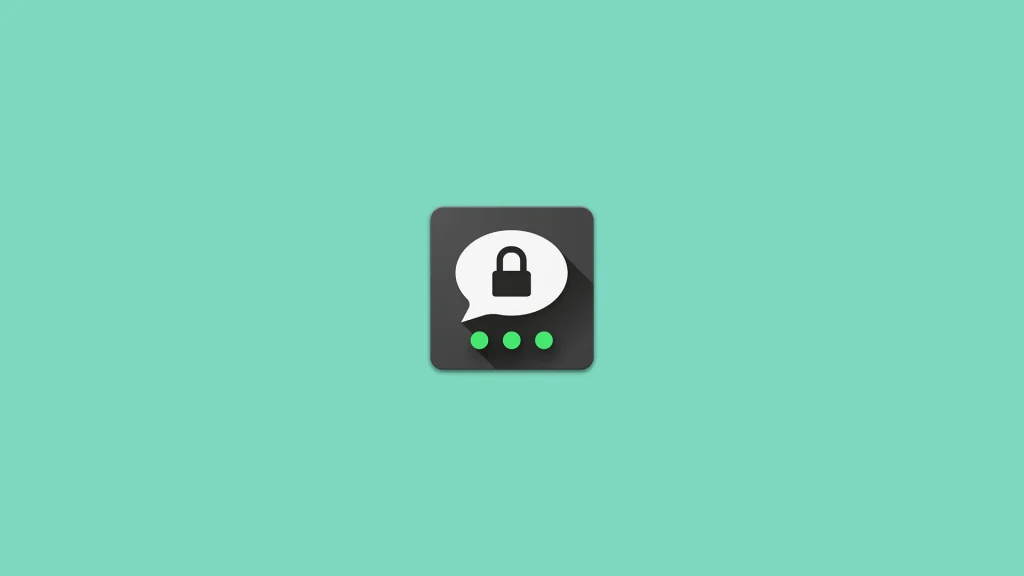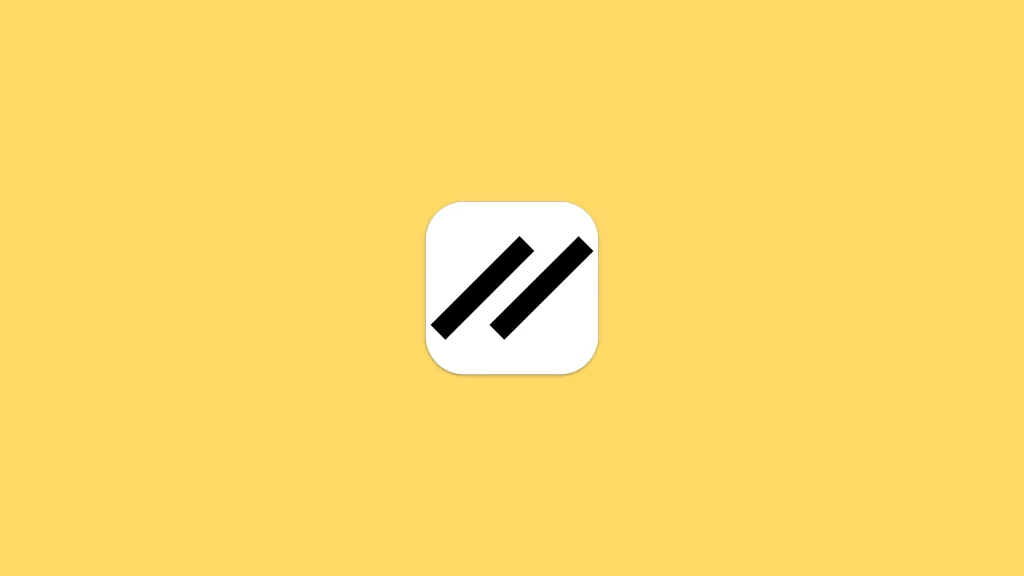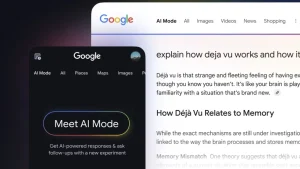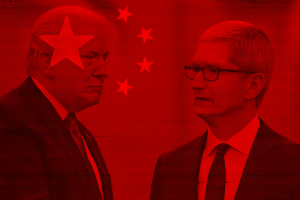In the digital era, instant messaging apps are not just about staying connected; they’re about ensuring our conversations remain private. As privacy concerns grow, understanding which messenger apps offer the best privacy features without sacrificing widespread adoptability becomes increasingly important. This article will explore how to balance privacy with usability, delve into the importance of end-to-end encryption, and highlight the top 5 instant messengers that focus on safeguarding user privacy.
In this article:
ToggleHow to choose an instant messenger: Privacy VS Adoptability
When selecting an instant messenger, the dilemma often lies in balancing robust privacy features with widespread adoptability. Niche messengers, while offering superior privacy, often fall short in user base, making it challenging to communicate if your contacts aren’t on the same platform. Most people take what’s the readily available like iMessage or convenient like Facebook Messenger.
This is a notable issue with apps like iMessage, which offers encryption for iOS users but defaults to standard SMS with Android, compromising privacy. Therefore, although it’s probably the most convenient messaging service for most iPhone users, defaulting to SMS while conversing with Android users is not ideal. The same goes for Google Messages RCS in the opposite direction. We can only hope Apple and Google work it out in the future and iPhone users won’t have to deal with green messages anymore.
On the other hand, WhatsApp, with over 2 billion active users globally, stands as a more feasible option for many due to its vast user base and cross-platform support. When choosing an instant messenger, consider both the privacy features and the likelihood of your contacts using the same app for seamless, secure communication.
For example, apps like Sessions and Wire offer superior privacy and security, but their smaller user bases can be a significant limitation for users looking for a single app that connects them with most of their contacts.
You can find detailed comparisons and expert reviews from people on Secure Messaging Apps website.
What’s End-to-End encryption and why it’s important
End-to-end encryption (E2EE) is a communication system where only the communicating users can read the messages. In principle, it prevents potential eavesdroppers – including telecom providers, Internet providers, and even the provider of the communication service – from being able to access the cryptographic keys needed to decrypt the conversation.
E2EE is crucial for protecting sensitive information from unauthorized access and cyber threats. In addition to E2EE, features like vanishing messages and the option to communicate without sharing your contact list or phone number further enhance privacy. Technically, E2EE ensures that data is encrypted on the sender’s system or device and only the recipient is able to decrypt it.
No third party, even the platform provider, has access to the keys needed for decryption, making it a robust tool against data breaches and surveillance. For you who want to learn more, you can get all the details about E2EE in this scientific paper.
Top 5 instant messengers that focus on privacy
1. Signal
Signal’s commitment to privacy is unmatched. It uses state-of-the-art end-to-end encryption to secure all communications, which means that no one except the participants in a conversation can access the messages. The app also offers disappearing messages, view-once media, and doesn’t store any user data on its servers, ensuring your conversations remain private.
As an open-source platform, Signal’s code is available for scrutiny, adding an extra layer of trust. It’s widely endorsed by security experts and whistleblowers for its stringent privacy protocols. Moreover, Signal allows users to blur faces in photos and has recently introduced a feature to transfer account data securely between devices.
Signal has seen a surge in users, especially among those who prioritize privacy over everything else. While it doesn’t boast the same numbers as WhatsApp or Facebook Messenger, its user base is loyal and growing, particularly among tech-savvy individuals and privacy advocates.
- Pros:
- Strongest privacy and security features with state-of-the-art end-to-end encryption.
- Open-source software allowing transparency and security audits.
- No user data storage, providing enhanced privacy.
- Cons:
- Smaller user base compared to other messaging giants, which may limit communication reach.
- Limited features for fun and social interaction compared to more mainstream apps.
- Relies on phone numbers for account setup, which could be a privacy concern for some.
2. WhatsApp
Despite its immense popularity, WhatsApp has managed to incorporate strong privacy features. Its end-to-end encryption, backed by the Signal encryption protocol, ensures that messages, calls, and even video calls are secured. Additionally, WhatsApp provides two-factor authentication and recently introduced encrypted backups for added security.
WhatsApp’s user base is vast, with over 2 billion active users worldwide. This wide adoption makes it a convenient choice for most users, as it’s likely that their contacts are already using the app.
The app’s affiliation with Facebook has raised concerns about data privacy and sharing practices. However, for everyday use, particularly in regions where it’s the default messaging app (particularly Europe), WhatsApp remains a secure and practical choice.
- Pros:
- Broad user base, making it likely that most contacts are already using the app.
- Strong end-to-end encryption for messages and calls.
- Feature-rich with constant updates and improvements.
- Cons:
- Owned by Facebook, raising concerns about data privacy and sharing.
- Limited customization and privacy options compared to other privacy-focused apps.
- Backup encryption has been a concern, although recent updates have addressed this.
3. Threema
Threema sets itself apart by not requiring an email address or phone number to sign up, offering complete anonymity. Messages are end-to-end encrypted, and the app employs open-source cryptography. Additionally, Threema encrypts not just the messages but also group chats, status messages, and media files.
The app is a paid service, which means it doesn’t rely on advertising or data harvesting for revenue. Users can even use Threema anonymously without revealing any personal information. Its servers are based in Switzerland, benefiting from the country’s strict privacy laws.
While Threema’s user base is smaller compared to free apps, it’s popular among those who are willing to pay for their privacy, including businesses and privacy enthusiasts. Its business solution, Threema Work, is used by several organizations for secure corporate communication.
- Pros:
- Allows complete anonymity with no need for a phone number or email.
- Strong end-to-end encryption and Swiss privacy laws.
- Paid model ensures no reliance on ads or data harvesting.
- Cons:
- The app is not free, which may limit its accessibility and user base.
- Smaller community due to its paid nature.
- Some users may find its features less comprehensive than mainstream free apps.
4. Telegram
Telegram offers “Secret Chats” with end-to-end encryption and self-destructive messages. Unlike standard Telegram chats, which are encrypted but stored on Telegram’s servers, Secret Chats provide an additional layer of privacy.
Telegram’s standout features include large group capacities, bots, channels, and customization options. It’s also known for its cloud-based messages, making it easy to access chats across multiple devices.
The main concern with Telegram is that its default chats are not end-to-end encrypted, which can be a privacy risk. However, for users who actively use the Secret Chat feature, Telegram offers a secure messaging environment.
- Pros:
- Large groups, bots, and public channels make it versatile.
- Cloud-based messages allow for multi-device syncing.
- User-friendly interface with a focus on speed and security.
- Cons:
- Default chats are not end-to-end encrypted.
- The app’s encryption protocol is homegrown and has faced criticism from some security experts.
- Stores user data on its servers, which could be a point of vulnerability.
5. Wickr Me
Wickr Me provides robust end-to-end encrypted messaging. It offers features like content expiration and screenshot detection, which are particularly appealing for those who seek high levels of privacy and security. Messages in Wickr Me are encrypted locally on each device with a new key, ensuring strong data protection.
One of the highlights of Wickr Me is its commitment to user anonymity. Registration doesn’t require a phone number or email, allowing users to maintain a high degree of anonymity. Wickr is also frequently updated with new security features, reflecting its focus on privacy.
Wickr’s user base includes individuals and businesses who prioritize security, especially those in industries handling sensitive information. While it might not have the widespread popularity of WhatsApp or Telegram, its dedication to privacy attracts a niche yet loyal following.
- Pros:
- Strong end-to-end encryption and secure data handling.
- No requirement for a phone number or email for signup.
- Features like content expiration and screenshot detection enhance privacy.
- Cons:
- Not as widely known or used, limiting its network.
- Interface and user experience might not be as polished as more popular apps.
- Focus on security and privacy could mean fewer fun or social features.
In an era where digital privacy is paramount, choosing the right instant messenger can significantly impact your digital footprint. From Signal’s staunch privacy focus to WhatsApp’s universal reach, each app offers its unique balance of privacy and usability. Have you used any of these messengers, and what has been your experience in terms of privacy and convenience? Share your thoughts and insights in the comments section below – your experience could guide others in making an informed choice.


